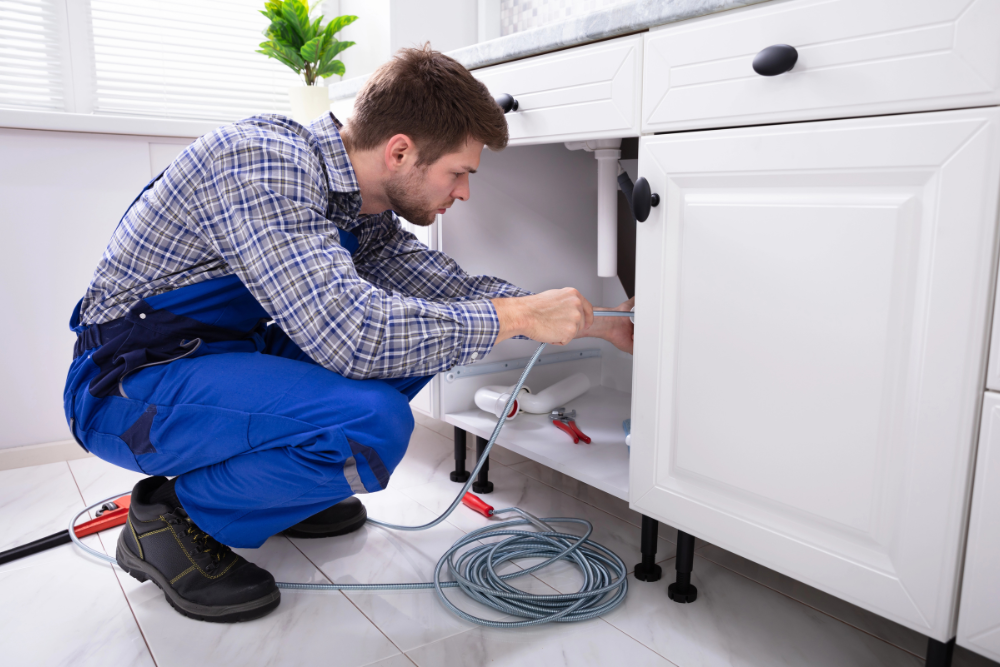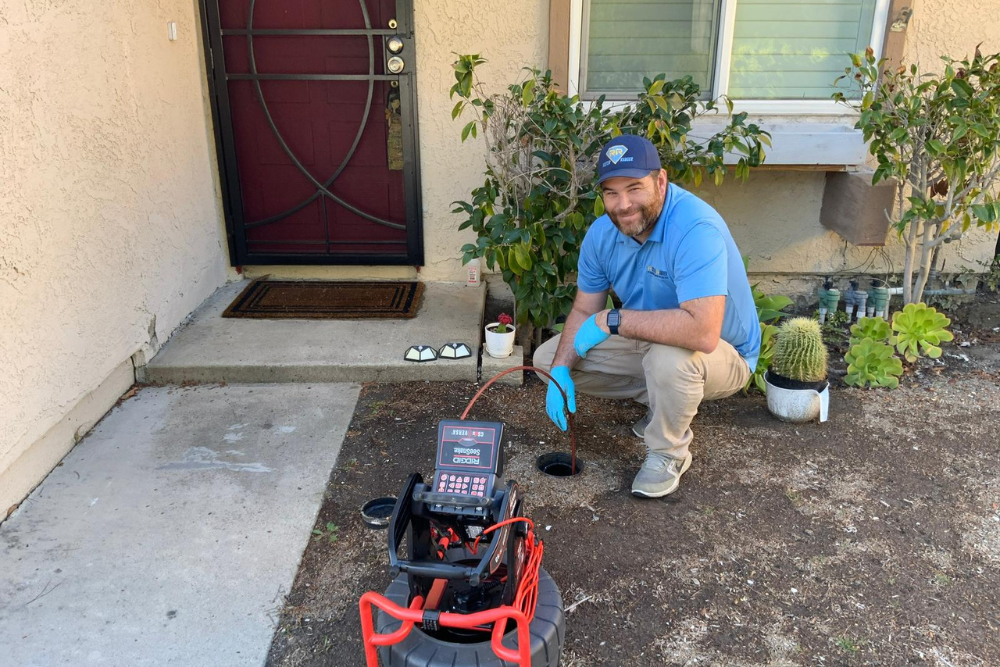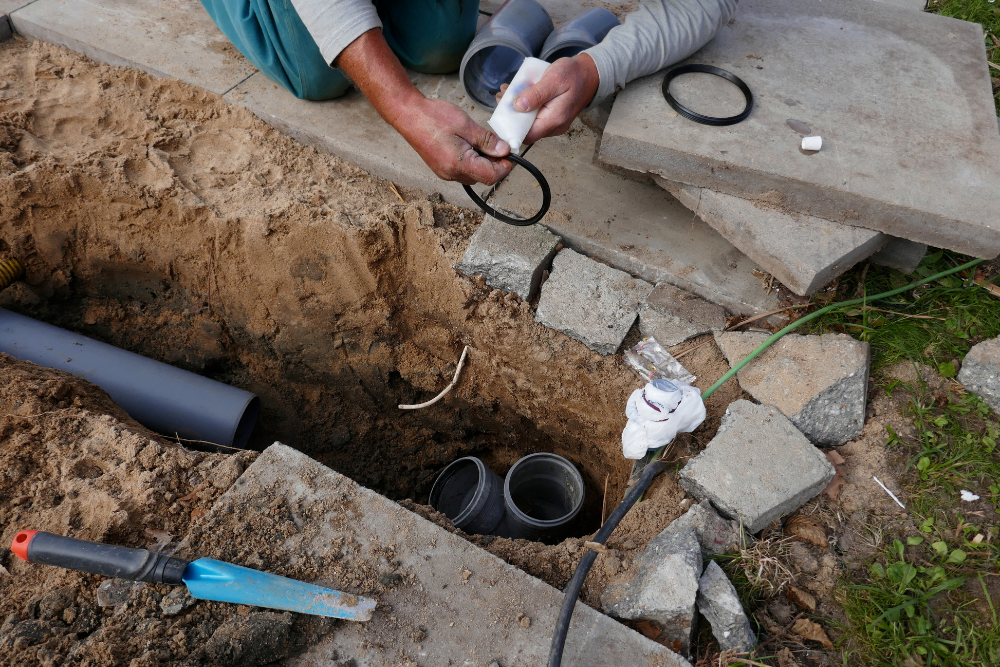Blog
Can Gas Lines Freeze?
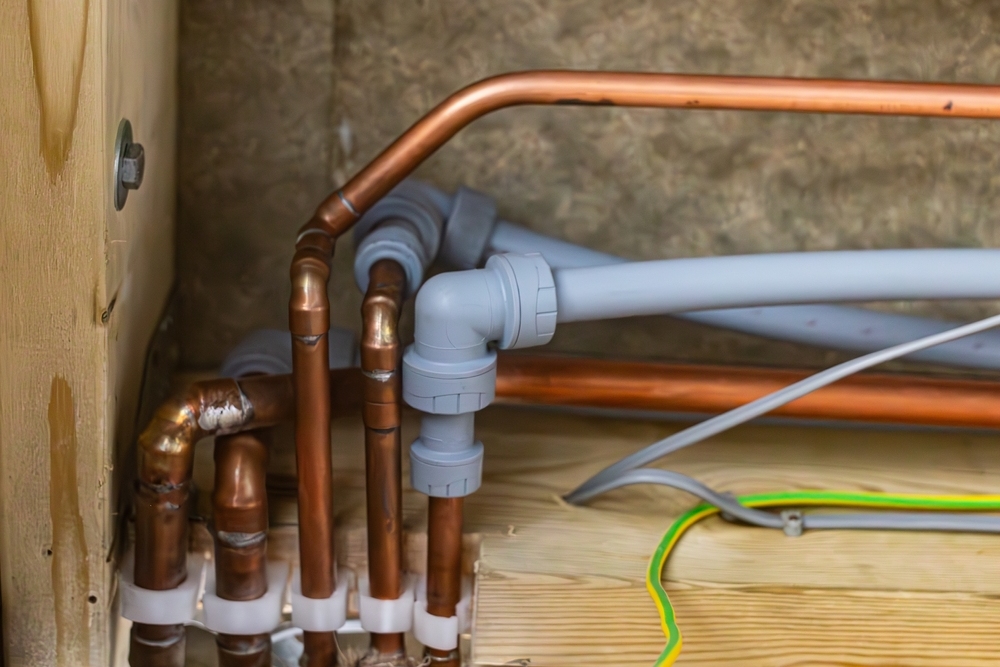
For homeowners, it’s always a safe bet to expect the unexpected. Gas lines technically can’t ‘freeze’ due to their dry composition. Although, moisture can freeze.
Never say never. While the chances are slim, rain or damaged plumbing can cause your gas lines to freeze. If rainwater is to collect near the foundation of your property, there is a good chance it can hit your gas line, causing it to freeze. If you believe you are vulnerable to issues with your gas lines, contact a professional plumber to perform an inspection.
Is it Possible for the Gas in Plumbing Pipes to Freeze?
Since gas can’t turn solid, it can’t freeze. It’s the steel of your gas line that can freeze if wet.
If your gas lines were installed by a professional, you don’t need to worry about them freezing. However, lines may freeze if they are poorly installed. Water may have seeped into your gas lines if the exterior was cracked, and because of this, the pipes may freeze.
Frozen gas lines are almost always linked to an installation issue or a water leak. If you have found a frozen gas line, call a professional immediately.
Common Issues With Gas Lines During the Winter Season
While there are multiple negative consequences to gas line failure, your gas line can only freeze in one way. Inside or around your gas line, moisture can compile. This poses an immediate threat to the functionality of your home or business.
Common issues with gas lines during the winter season include moisture absorption and valve problems. Valve issues are particularly frequent in the winter because the levers tend to stiffen in freezing temperatures.
In addition to freezing, rust can also be a problem. The same valves that become stiff due to the cold can also harden when they become rusty. It's important to prevent moisture-related issues caused by winter conditions.
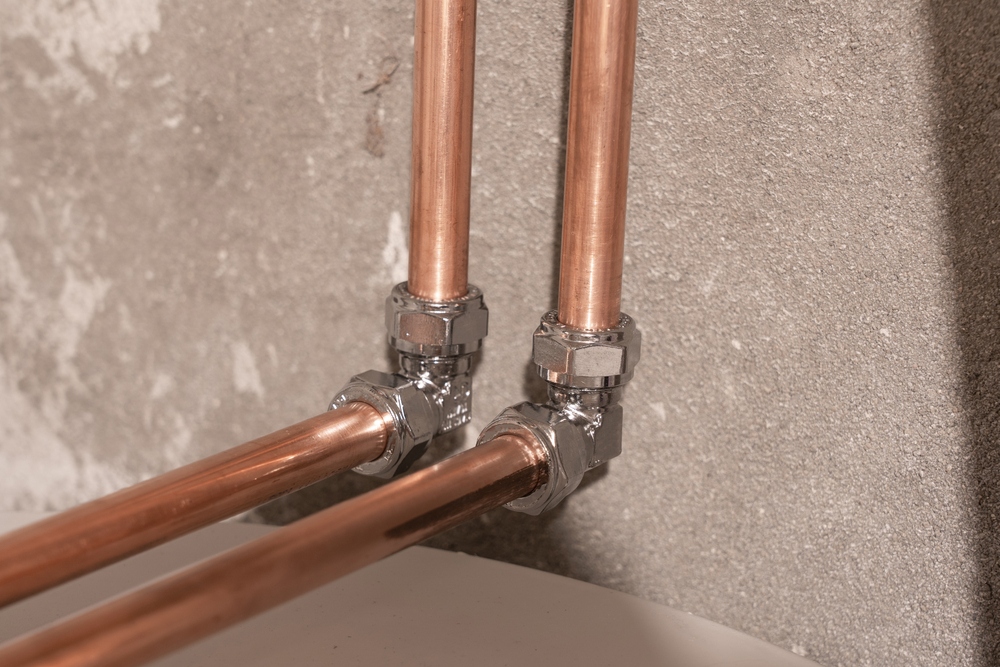
What Causes Water in Natural Gas Lines?
The natural gas freezing point is around -295 degrees Fahrenheit. So, it is highly unlikely that your gas lines will be exposed to this temperature and freeze. However, water can freeze. Whether from gas transfer, weather, or temperature change, moisture can be damaging to a gas line.
Changes in temperature, air pressure, and other strenuous factors can cause gas to liquefy. Gas actually undergoes several pressure changes before it enters your home. The reduction of pressure and temperature can cause water to form, turning the gas from a vapor to a liquid.
Effectively protect your natural gas lines by monitoring temperature and pressure changes. If you find that your natural gas lines have already been compromised, call a licensed plumber for immediate assistance.
Is it Dangerous to Have Moisture in Your Natural Gas Lines?
Moisture in your natural gas lines is potentially dangerous. You probably don’t have to worry about your gas lines freezing in Arizona, but the opposite could be said for those in colder states like Iowa.
Most people don’t know that natural gas is extracted with moisture. This moisture must be removed to avoid problems such as corrosion, reduced efficiency, and frozen pipes, which can block gas from flowing. Also, no gas means no heat, hot water, or even appliances. Severe freezes may even cause gas leaks. Routines will be slowed and no real power can be produced.

Professional Gas Line Installation and Repair Services
Natural gas plays a key role in your home. These lines require professional installation to function properly. Luckily, our team of skilled plumbers in Las Vegas, Nevada offer dependable gas line installation and gas leak repair services.
If you have a water leak or a moisture issue on your property, you could risk your gas lines freezing. When you need professional gas line installation and or repair, call our technicians at (833) 512-1021 to receive assistance.
Our team of plumbers makes the process simple, delivering leading gas line care without the hassle. Take back your home’s heating ability with us at Rooter Ranger.
Our team also provides other types of plumbing services including water heater repair, drain cleaning, sump pump installation, and water softener replacement. From damaged gas lines, broken water heaters, to clogged drains, our professionals have the training necessary to help you restore safety in your house.



